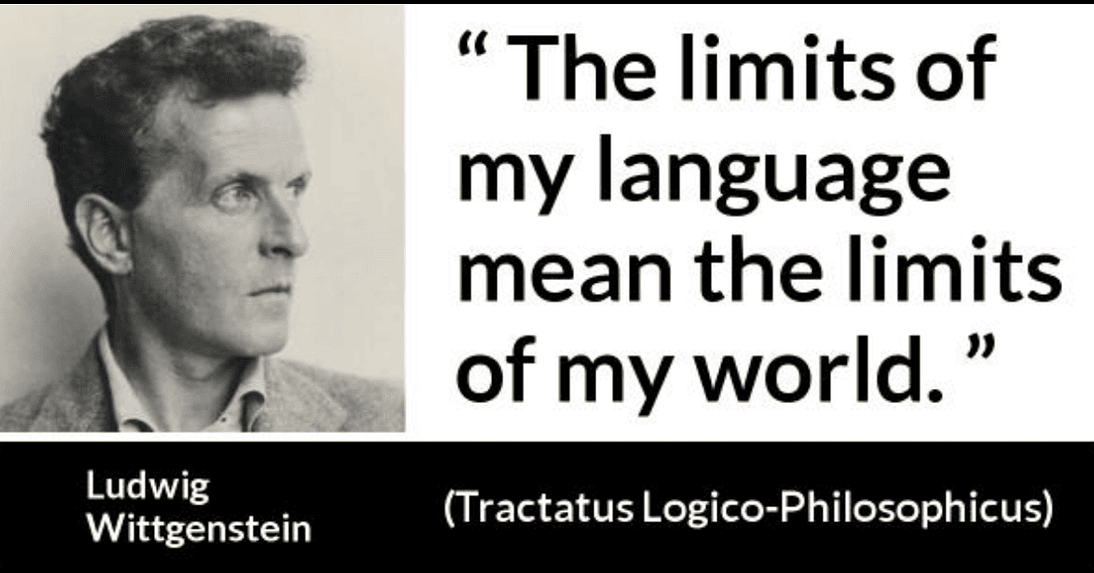It’s been argued that the concepts of supervenience and emergence lack “explanatory power”. They’ve even been classed as “magic” (e.g., by Mark A. Bedau). It’s certainly the case that they’re problematic. However, perhaps they’re no more problematic than many of the other options in the philosophy of mind. This piece focuses on some problems, as particularly seen through the philosophy-of-mind positions adopted by the philosophers John Searle and Jaegwon Kim.

[All the quotes in the following are taken from John Searle’s The Rediscovery of the Mind.]
Those who believe in emergence, whether of the mind/consciousness or anything else, don’t escape from the physical. Hence the actual terms “emergence” and “supervenience”: i.e., emerge from the physical, and supervene on the physical.
Although emergence and supervenience may be viewed as “magic”, the emergent phenomenon is still regarded as being utterly dependent on the physical. Mind-body dualism, on the other hand, has it that the substance that is mind is independent of the physical. That means that one of its biggest problems is that it must account for the interaction between the physical and the non-physical. That said, the emergentist must also account for the emergent property even if it is utterly dependent on the physical. In other words, simply arguing that the emergent phenomenon is “dependent on the physical” doesn’t really tell us what kind of relation the one has to the other. After all, the emergent phenomenon usually bears little relation to the physical elements that give rise to it.

In detail. The American philosopher John Searle gives a technical account of supervenience in the following passage:
“Intuitively, what is meant by the claim is that mental states are totally dependent on corresponding neurophysiological states in the sense that a difference in mental states would necessarily involve a corresponding difference in neurophysiological states.”
So even if this exact parallelism (although this isn’t parallelism in its historical garb — see here) shows us that mental states are “totally dependent on corresponding neurophysiological states”, and changes in the physical bring about changes in the mental, that still doesn’t really explain the emergence of mental states or the supervenience of mental states. So, although it isn’t presented as a kind of dualism, perhaps it is.
In very simple terms, then, how do we get from a neurophysiological state to a mental state?
John Searle on Causal Powers
One answer to the questions above is to argue that it’s wrong to think in terms of physical states causing mental states.
For one, it may be assumed that if x causes y, then y must have (to use John Searle’s term) “causal powers” too. y doesn’t need to display causal powers immediately after being caused by x. However, surely it must have causal powers (as it’s often put) “in principle”. In other words, isn’t it difficult to imagine a causal x having a relation to a non-causal y? More relevantly, a causal brain having a relation to a non-causal mental state seems intuitively odd. And, as is well known, the causal nature of mental states is much discussed and controversial.

That is why the philosopher Jaegwon Kim asks questions about epiphenomenalism [see here].
Firstly, Searle puts Kim’s position in the following way:
“[ ] Kim claims that we should not think of the relation of neural events to their supervening mental events as causal, and indeed he claims that supervening mental events have no causal status apart from their supervenience on neurophysiological events that have ‘a more direct causal role’.”
An immediate reaction one may have to that passage is to state that if “the relation of neural events to their supervening mental events” isn’t causal, then perhaps we actually have an identity instead. In other words, if an epiphenomenal y has no (independent) causal role to play, then perhaps that’s because it is x. Now saying that “y is x” still doesn’t tell us why x and y are deemed to be different. More basically, it’s hard to know what the causal relation between x and y is. More relevantly, why is the word “cause” used at all in this particular case?
Searle himself doesn’t have a problem with causation in this respect. He writes:
“It seems to me obvious from everything we know about the brain that macro mental phenomena are all caused by lower-level micro phenomena.”
It’s not obvious what the words “It seems to me obvious” are doing here. Isn’t it the case that even if we knew everything about the brain, any causal relation between the brain and “macro mental phenomenon” still wouldn’t be obvious? What is obvious, however, is that there’s a relation of some kind between the brain and mental phenomena. Indeed, those much-mentioned “mere correlations” between mental states and brain states offer us that. However, is it correct to view these correlations in terms of causation? That said, it’s difficult to think of any alternative to causation in these respects. After all, if the relation between brain states and mental states isn’t a causal one, then what, exactly, is it? So perhaps not even epiphenomenalism escapes from this problem. Moreover, an epiphenomenalist accepts that brain states cause mental states and still argues that mental states are incapable of causing anything.
According to Searle’s take on Kim, the latter argues that “the relation of neural events to their supervening mental events” isn’t causal. Thus, it’s not a case of brain states being causal, and mental states not being causal. It’s a case of not thinking in terms of causality at all. Again, does lead to some kind of identity theory? Alternatively, and as already stated, simply deeming mental states to be supervenient upon brain states doesn’t give us much. What is a supervenient mental state? What is its role and nature?
Downward Causation?
Just to be clear. Searle himself does believe that “mental features” have a causal nature. (An example of downward causation?) He writes:
“[T]he fact that the mental features are supervenient on neuronal features in no way diminishes their causal efficacy. The solidity of the piston is causally supervenient on its molecular structure, but this does not make solidity epiphenomenal; and similarly, the causal supervenience of my present back pain on micro events in my brain does not make the pain epiphenomenal.”
Isn’t the comparison between mental features and the solidity of a piston, and neuronal features and the molecular structure of a piston, just inaccurate? For a start, the molecular structure of a piston constitutes its solidity. Do neuronal features constitute the mental features? In other words, there’s a literal identity between the molecular structure of the piston and the solidity of the piston. Is there a literal identity between neuronal features and mental features? Perhaps there is. However, wouldn’t this make Searle an identity theorist of some kind? Yet he can’t be an identity theorist because he stresses the “causal efficacy” of mental features in distinction to the causal efficacy of neuronal features. An identity theorist, on the other hand, couldn’t argue that “mental features are causally efficacious”, and also that “neuronal features are causally efficacious”, because that would almost amount to a tautology because they’re one and the same thing.
One way around this would be to adopt a position of conceptual dualism and ontological monism (à la Donald Davidson). This means that a given x can be seen under two very different concepts, with the two concepts referring to the same thing. But adopting this position would commit Searle to also believing that mental features have no emergent properties — even though they do fall under concepts which neuronal features don’t fall under. Isn’t it the case, then, that adopting a position of conceptual dualism alongside ontological monism rules out any physical or ontological (rather than conceptual) emergence? In other words, there may well be conceptual “emergence” if that word is used loosely. However, there is still neither physical nor mental emergence.







